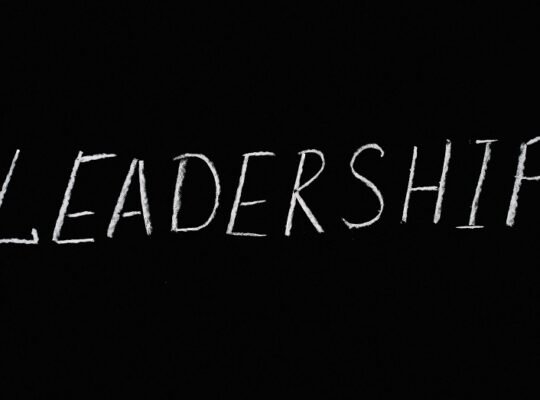Anger is harmful
Resentment is the primary cause of relapse. Even the strongest men and women may become self-destructive when they are angry. Like all emotions, anger has a function. It often serves as a warning sign when we are experiencing distress of some kind.
This is crucial because, despite the fact that feeling angry might be physically and cognitively uncomfortable, it can also inspire us to take care of our underlying wants, desires, or threats. Conflict, social exclusion, troubles at work, substance misuse, despair, embarrassment, and even incarceration are all outcomes of unresolved rage.
Here are some tips for controlling your rage
Admit your anger
Acknowledging your anger is the first step. It’s vital to acknowledge being provoked so you can respond appropriately and defensively to safeguard both yourself and other people.
Calmly diffuse the rage
Children will scream and shout during tantrums until they are worn out. Before that happens, attempting to reason with them is like attempting to reason with a raging chimpanzee that will beat you with its greater strength. We seek to exhaust our irate inner kid in this manner.
As examples, consider the following:
- Take a run
- Step up to a punching bag
- Find someone to listen to whom you can vent
Utilize a tool to reduce anger
When your inner child is worn out, consider using one of the following techniques on the circumstance or trigger that caused your angry reaction.
Who is to blame for your current state of emotion? What role did you play in provoking the rage today?
Anger frequently serves as a defense against fear. What phobia is your rage masking?
All of us are waging a struggle that you might not be aware of, and we are all doing the best we can with the tools we have at our disposal. Is it possible that the people you’re upset with are spiritually or psychologically ill? Is it possible to find someone who is perfect? Do we all own flaws and have made mistakes throughout our lives?
Everyone has a reason for being who they are and acting in the ways that they do; nobody is truly broken. Their prior programming might be beneficial or detrimental.
It’s possible that the people you may be angry with have taught you something about yourself. Perhaps they have helped you identify the fundamental principles—like honesty, loyalty, and humility—that are most important to you.
You’d better dig two graves if you wanted to exact retribution. What might seek retribution cost? A prison sentence is an example of a resource.
What interpretation or meaning have you constructed of yourself as a result of this person’s actions?
Avoid anger
It’s best to steer clear of the following to prevent getting too angry:
- Caffeine might leave you jittery and agitated.
- Drugs and alcohol might completely remove your inhibitions.
- You can get “hangry” from hunger if your blood sugar is low.
- After sugar binges, sugar crashes can make you agitated.
- Self-righteousness Keep in mind that we’re all flawed
- Arguments that are circular have very little substance.
Once you put these suggestions into practice, you ought to be able to regain emotional stability.






